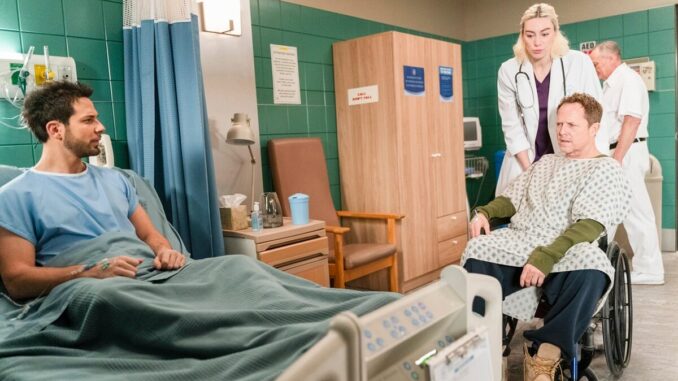
The Untimely Case of "So Help Me Todd": A Cancellation Forensics
The gavel has fallen, the jury is out, and the verdict is undeniable: "So Help Me Todd" is officially cancelled after two seasons on CBS. The news, while perhaps not entirely unexpected, struck a nerve with its dedicated fanbase. The show, a quirky blend of legal drama and family comedy, offered a unique proposition, a weekly dose of chaotic brilliance fueled by the magnetic dynamic between a buttoned-up lawyer mother and her resourceful, but perpetually irresponsible, private investigator son. Its cancellation begs the question: what led to the demise of a show that, on paper, held so much potential? The answer, as with any cancellation case, is a complex tapestry woven with threads of ratings, network strategy, and the ever-evolving landscape of television.
One of the most obvious suspects is the unforgiving eye of Nielsen ratings. "So Help Me Todd," while maintaining a loyal following, never quite reached the viewership heights expected of a network like CBS. While the numbers weren't catastrophically low, they weren't strong enough to guarantee renewal in an increasingly competitive market. CBS, known for its procedurals and established franchises, demands consistency. "So Help Me Todd," with its more serialized storylines and reliance on character development, might have been perceived as a riskier venture, lacking the immediate, episodic gratification that often appeals to a broader audience. In a world where streaming services offer immediate gratification and on-demand entertainment, the pressure on network shows to deliver blockbuster ratings week after week is immense.
Beyond raw numbers, network strategy likely played a significant role. CBS has been undergoing a period of transition, strategically focusing on established franchises and spin-offs, like the seemingly endless iterations of "NCIS" and "FBI." This focus on recognizable brands, proven commodities, allows the network to maintain a reliable audience and minimize risk. "So Help Me Todd," an original concept, might have been deemed expendable in this environment, a casualty of a larger shift towards safer, more predictable programming. The show's position on the schedule, often shifting and potentially impacting its viewership consistency, could also have contributed to its vulnerability.
Furthermore, the evolving landscape of television itself cannot be ignored. Streaming services have fundamentally altered viewing habits, offering viewers a vast library of content at their fingertips. This abundance of choice has fragmented the audience, making it harder for traditional network shows to capture and retain viewers. "So Help Me Todd," despite its strong performances and engaging storylines, may have simply been lost in the noise, overshadowed by the marketing power and algorithmic recommendations of streaming giants. The show's availability on Paramount+, while beneficial for some viewers, might have simultaneously cannibalized its live viewership on CBS, further weakening its ratings.
Ultimately, the cancellation of "So Help Me Todd" is a bittersweet reminder of the inherent precariousness of television. The show offered something unique: a clever blend of legal intrigue, heartwarming family dynamics, and the undeniable charisma of its lead actors, Marcia Gay Harden and Skylar Astin. Its cancellation highlights the often-unpredictable nature of audience reception and the significant influence of network strategy. While the legal drama may have closed its casebook for good, its quirky characters and engaging storylines will undoubtedly live on in the memories of its dedicated fans, a testament to the enduring power of a show that, despite its untimely end, managed to make a lasting impression. The case of "So Help Me Todd" may be closed, but the question of what could have been will linger for some time to come.
